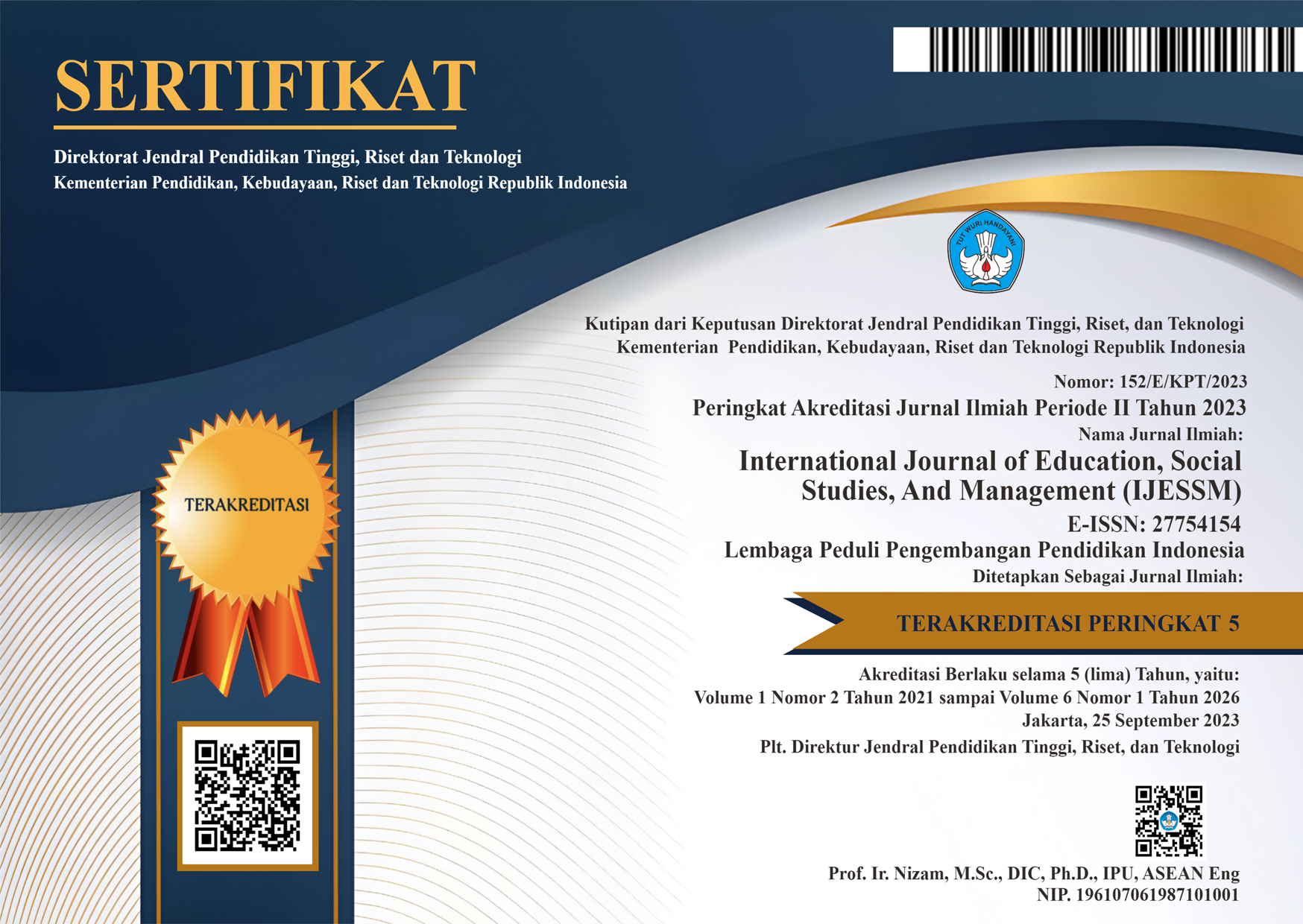The Influence of Brand Image, Price, and Product Quality on the Purchase Decision of Stella Room Fresheners in Bandar Lampung
DOI:
https://doi.org/10.52121/ijessm.v5i2.766Keywords:
Brand Image, Price, Product Quality, Purchasing DecisionsAbstract
This study was conducted to determine the influence of brand image, price, and product quality on the purchase decision of Stella room freshener in Bandar Lampung City. The sample of this study was 160 respondents who were taken by nonprobability sampling with the criteria of respondents who intended to buy Stella room freshener in Bandar Lampung City. Data collection used primary data, namely the distribution of questionnaires to students and the community of Bandar Lampung City and interviews with PT Catur Sentosa Anugerah (PT CSAN) as the official distribution of PT Godrej Indonesia, while secondary data were literature, journals of previous researchers, which were then analyzed. Data analysis tools using SPSS software version 27 are multiple linear analysis, partial testing (t), simultaneous testing (f), validity testing, reliability testing and coefficient of determination analysis (R2). R Square research shows that brand image (X1), price (X2), and product quality (X3) influence purchasing decisions (Y) by 52.1%. The results of the t test of brand image (X1), price (X2), and product quality (X3) influence purchasing decisions (Y). The results of the f test of brand image (X1), price (X2), and product quality (X3) of 0.000 mean that simultaneously there is an influence on purchasing decisions (Y).
Downloads
Published
How to Cite
Issue
Section
License
Copyright (c) 2025 International Journal Of Education, Social Studies, And Management (IJESSM)

This work is licensed under a Creative Commons Attribution 4.0 International License.

















